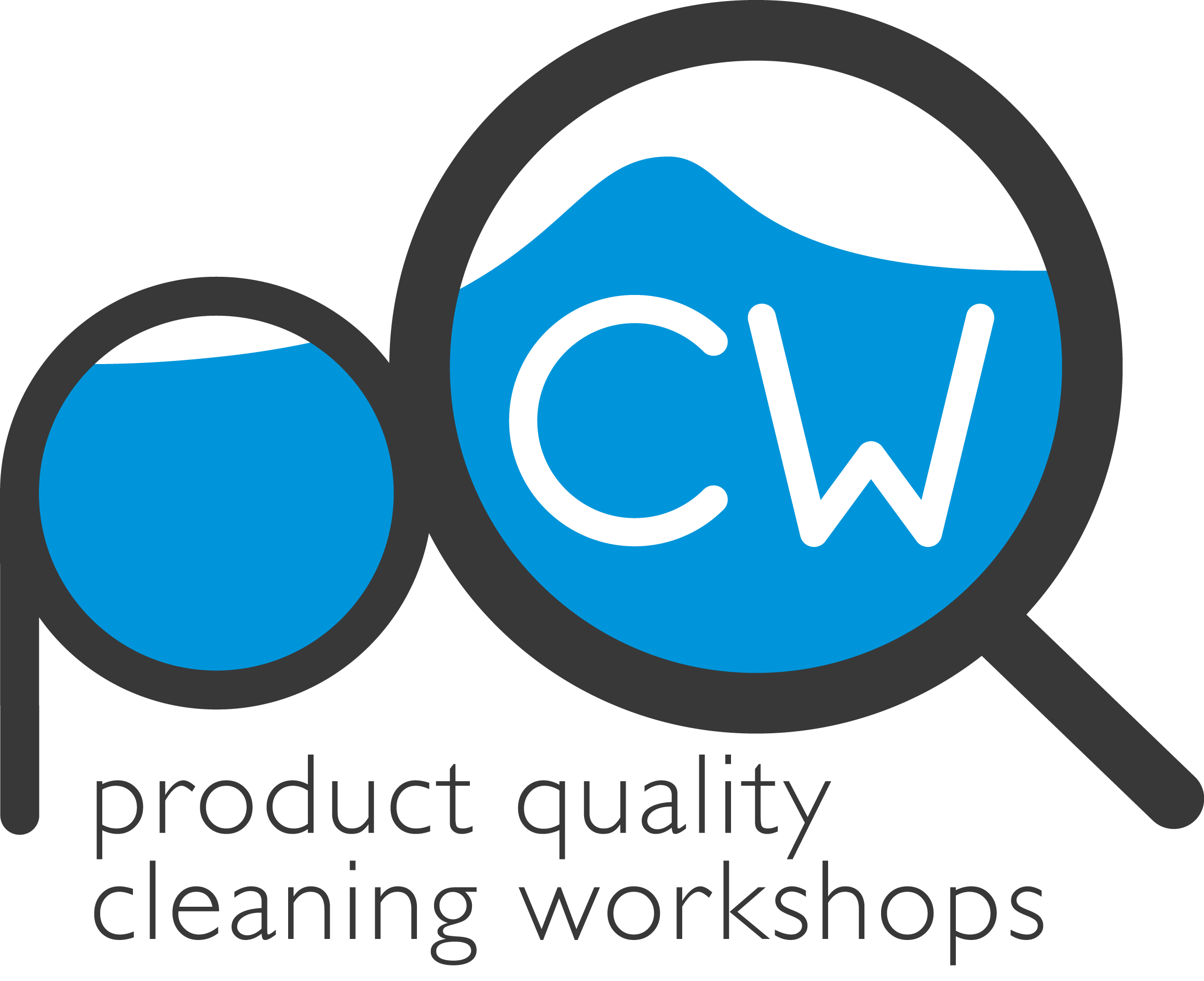Cleaning Research Group
The Chemistry of Clean Surfaces & Quality Products
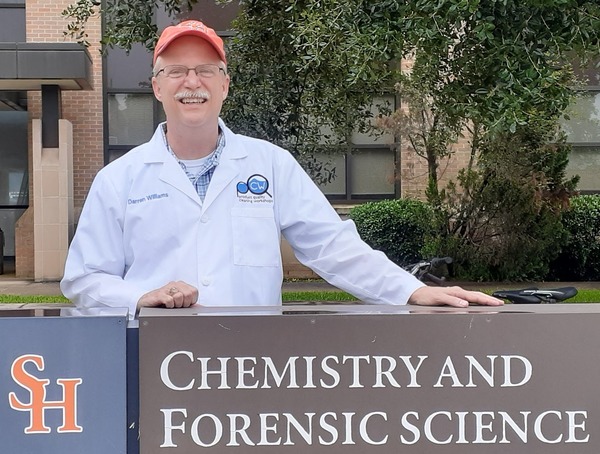
-Clean Research Group Leader
-Professor of Physical Chemistry at SHSU
-Consultant in Industrial Cleaning and Blend Formulation
The Cleaning Research Group (CRG) is the only academic research group in the USA that is dedicated to the art, science, and technology of precision cleaning.
We have expertise in the following:
- vapor degreasing
- ultrasonic cleaning
- vacuum cavitation cleaning (also known as Cyclic Nucleation process (CNp) and Vacuum Cycle Nucleation (VCN))
- solvent blend formulation
- aqueous cleaner formulation
- particulate contamination/characterization/removal
- physical property measurement methods
- cleaning trials
- cleanliness verification
The "art" of precision cleaning is found in the CRG's research methods, inventions, papers, workshops, videos, and webinars.
Dr. Williams' first cleaning project was in 1998 for the US Department of Energy's Pantex Plant researching flammable solvent substitution for the cleaning of sensitive metal surfaces.
He continued this niche of cleaning research in academia by forming the Cleaning Research Group consisting of him and his students. Here are many of his past students - both undergraduate and graduate students.
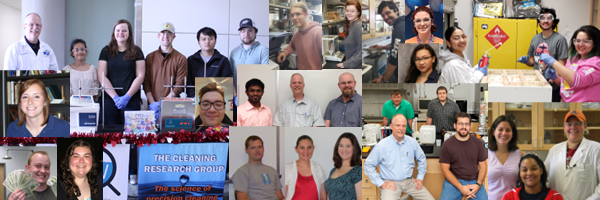
Students in the CRG have gained practical skills, industrial knowledge, and a get-it-done attitude. This has led them to success in graduate studies and in careers as chemistry teachers, industrial chemists, and government lab chemists.
Over the years, we have had amazing support from external partners.
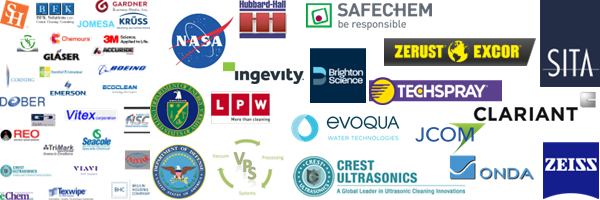
Current Projects and Activities
2023 - Present - Vacuum Cavitation Cleaning of Bourdon Tube Oxygen Gauges
One of the most difficult cleaning situations is the blind hole. It is very difficult to get solutions to fill a small blind hole and even harder to get soil to come out of a blind hole. This project is very challenging, requiring us to use the full capabilities of the laboratory:
- high-purity solvent distillation
- FTIR for hydrocarbon analysis
- 3D printed fixtures and fittings
- CNC milled plastic and aluminum parts
- aqueous and solvent cleaning, rinsing, drying
- cleanliness verification
Product Quality Cleaning Workshops and Webinars
See our PQCW Page for all of our training material and workshop offerings.
Manufacturing Minds
Explore the GREATEST product of our research - the minds and skills of our students.
Sessile Drop Contact Angle Measurement Methods
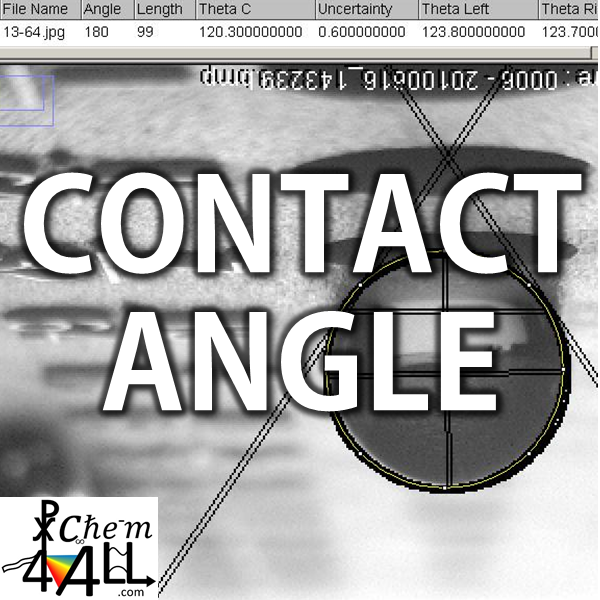
As my research group began to enter into the world of precision cleaning, we needed to come up to speed on contact angle measurement. In doing so, we met Anselm Kuhn who was a great help and mentor. Together, we produced an inexpensive way to standardize contact angle measurements. Read more...
Solvent Blend Formulation and Characterization
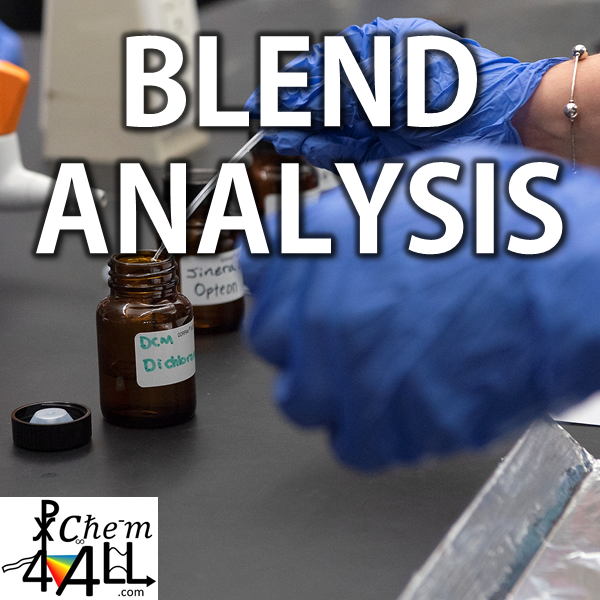
The paint and polymer industries have led the way in solvent substitution and solvent blend prediction activities. In particular, the Hansen solubility parameters (HSPs) have proven themselves and are described in detail in the literature. The HSPs may be used to qualitatively rank solvents and blends in terms of their interaction with a given solute. Solutes and solvents that have similar HSPs are predicted to mix spontaneously. Conversely, if the HSPs are drastically different between solute and solvent, then there will be little interaction and limited mixing.
Read more about the work of the Cleaning Research Group in the area of blend analysis.
Solvent Properties
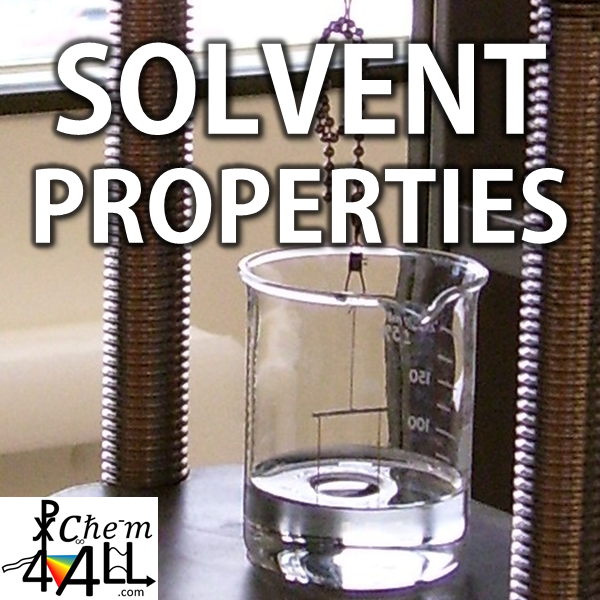
Solvent properties such as surface tension, density, viscosity, wettability, and the various solubility parameters are very important for all cleaning operations. Read more about our research into the chemistry of cleaning formulations and solvents.
Solvent Blend Prediction and Characterization
Development of Azeotropic Blends to Replace TCE and nPB in Vapor Degreasing Operations
Here is a pdf version of our DRAFT Report
Here is a pdf version of our Poster presented at the ASETS Defense Workshop 2016.

